CONTENTS
Best Places To Scuba Dive In The World For Your Next Diving Trip
The best places to scuba dive in the world for your next diving trip are closer than you think. From the famous Great Blue Hole in Belize, Central America to the divers’ favourite Maldives in South Asia, choose the next location and let’s go on an underwater adventure.
Scuba diving is a beautiful way to immerse yourself in pristine waters and learn more about the vibrant world of marine life. People love scuba diving for various reasons. And there are plenty of gorgeous diving sites to choose from.
Whether a beginner or a seasoned diver, a diving trip always offers new learning experiences about yourself and the magnificent ocean. Scuba diving is definitely an experience that everyone should try at least once.
With so many stunning diving spots to discover around the world, read on, pack your things and get ready to visit some of the world's top scuba diving spots with beautiful crystal waters, colourful reefs and plenty of sea life.
Top 10 Dive Destinations In The World
A good diving site means different things to different divers, in line with their preferences and experience. Overall, a good diving spot can offer various marine life with clear visibility. Before searching for your next diving spot, let's figure out a few criterias to consider.
First of all, determine your diving experience and choose your next dive site accordingly. If you are new to diving, deep dive sites are not recommended. You should practise more in places with calm water and low currents.
Secondly, logistics are often overlooked. Consider how far it is to reach your diving spot, how you can travel there, and whether it is financially suitable. Take note if there are dive shops and places to rent diving equipment.
After knowing the basic criteria for your next diving spot, here is the list of all the best places to scuba dive in the world for you to choose from.
The Maldives

Lively fish and colourful coral reefs in the Maldives. Photo by feel4nature on stock.adobe.com
An island paradise loved by both new and experienced divers. Known as one of the best tropical islands in the world, the Maldives is an ideal place for divers of all levels.
This is due to its year-round warm waters (about 27-29 Celsius degrees) and good visibility (approximately 30 metres). If you are looking for island resorts, plenty of them have PADI Dive schools. The Maldives is also where you can find whale sharks at any time of the year.
Maaya Thila is a popular diving site in Maldives with extraordinary marine life, such as sharks, turtles and frogfish. Kandooma Thila is a dive site recommended for experienced divers. Here is where you explore Jack's Corner - a submerged cage covered in soft corals.
Thanks to its unique formation, Broken Rock is one of Maldives' most popular dive sites. This place is home to beautiful corals, turtles, pufferfish, barracudas and moray eels.
Egypt
Our recommended sites are Hurghada, El Gouna and Marsa Alam. Aside from spectacular marine life such as beautiful fish, lively turtles and dolphins, there are many fun places to visit in Egypt for travellers as well.
Mexico
Belize
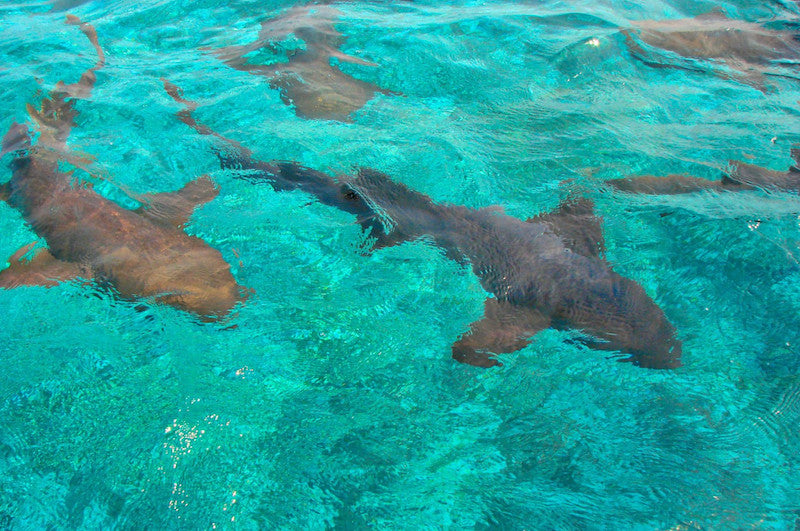
Sharks are among the various marine life that can be seen in Belize. Photo by eskystudio on stock.adobe.com
With over 400 islands and the longest barrier reef in the Western Hemisphere, Belize is an ideal destination for scuba divers.
Outlined by full-of-life coral reefs and inhabited by sharks, Belize's Great Blue Hole is best discovered by a liveaboard. This is one of the most unique diving spots in the Caribbean, as it is the world's biggest ocean sinkhole.
Divers can observe the one-of-the-kind rock formations and enjoy a serene dive down the hole. Different types of sharks can be seen here, including bull, hammerhead, nurse, and blacktip tigers.
Other great places for scuba diving in Belize are Half Moon Caye, Hol Chan Marine Reserve and Long Caye Wall. Half Moon Caye is a beautiful island with plenty of marine life to explore. Hol Chan Marine Reserve is a lovely area that is good for shallow dives and is snorkel-friendly.
Thailand
If you are new to scuba diving and looking to dive recreationally, Koh Tao is an excellent place to start, with reasonably priced classes, plenty of dive shops and diving trips. Scuba diving in Thailand is widely loved due to its colourful reefs and warm waters.
Aside from the full-of-life coral reefs, other diving experiences that every scuba diver should try are wreck diving at popular sites such as the HTMS Chang, HTMS Khram, HTMS Sattakut and scenic drift diving in Turtle Rock, Koh Rok Nai, East of Eden and Koh Similan.
Indonesia

The panoramic view of Komodo National Park, a popular dive site in Indonesia. Photo by tanarch on stock.adobe.com
A biodiversity hotspot with over 17,000 islands, there are plenty of fun activities to do in Indonesia and beautiful diving places to visit. Indonesia is a spot frequently visited by experienced divers thanks to its high level of biodiversity and an impressive number of over 13,000 islands. Raja Ampat, Komodo National Park and Alor are voted among the best places to scuba dive in Indonesia by divers.
Cayman Islands
Australia
The Great Barrier Reef is one of the world's most famous reefs with over 2,300 kilometres long and is blessed with a wonderful collection of tropical marine life and coral. Scuba diving on Lord Howe Island is one of the most rewarding experiences for divers, with maximum visibility of around 30 metres.
Kangaroo Island is the third largest island in Australia that is famously known for its stunning coastline, clear waters and wonderful sea life such as the leafy sea dragon.
South Africa

Diving with sharks and other marine life is a unique experience. Photo by Pexels User on Pexels
For divers with a taste for adventure, diving in South Africa is a must-try experience. From big sharks to tiny sardines, from tropical reefs in the north to rocky reefs in the west, there are many rewarding experiences that South Africa has to offer.
Cape Town is a unique dive site as it is the cross point off the warm Agulhas currents and the cold Benguela currents. This made for a diverse underwater ecosystem with a great variety of marine life.
Cage diving with great white sharks is a recommended experience for shark enthusiasts. Port Elizabeth with their incredible reefs and colourful sea life is a diver's paradise. There are different wrecks for divers to explore in the area such as the famous Harlem.
Micronesia

The islands of Micronesia are an ideal place for both scuba divers and snorkelers. Photo by JAY PARK on Pixabay
The tropical islands in Micronesia are the home of vibrant coral reefs. Known as one of the top diving spots in the South Pacific, Micronesia is an ideal place for scuba divers with pristine waters and affordable costs.
Because of how remote the islands of Micronesia are, the area is a diver's paradise and snorkelers' dreamland. There is extraordinary marine life, colourful corals and epic wreck from World War II.
Chuuk is a natural wonder and a must-visit diving spot with beautiful hills covered by forest and rare flowers on land. Meanwhile, its underwater paradise is filled with vibrant coral reefs and a diverse world of dolphins, pelagic fish and rays.
CABINZERO's Tips For Divers
Logistics And Flight Booking
Take transportation time into account. Choose your diving spots accordingly depending on how much time you have on your trip. For example, a 2-3 week vacation opens you up to more destinations while a long weekend getaway is only suitable for closer places.
Air travel can significantly shorten your travel time. However, it can be expensive at times. If you are planning to fly, start searching for flight routes early to track airfares and find the best flight rates.
Be Aware Of The Local Weather
Know what type of weather to be expected. There are many factors that affect how water moves during your dive such as temperature, wind, tides and water density. Research how the local weather is expected to be on your planned travel dates to choose the most suitable dive sites during the best time of the year. For example, avoid difficult diving conditions such as strong winds, heavy rain and large waves as they can be dangerous.
Bring Your Documents
Prepare travel documents required for your next diving spot in advance. Before planning to travel internationally, be sure to check your passport and its expiration date. Give yourself enough time to apply for passport renewal and tourist visas if necessary. Some countries require travellers to enter with travel insurance as well. Remember to bring your diver certification for booking dive trips and hiring equipment.
Safety Checks
Be sure to always check the safety of your equipment before diving. Diving equipment malfunctions are dangerous, however, they can be proactively avoided with pre-dive checking procedures. Aside from your diving equipment, checking your physical well-being is highly recommended.
Dive With An Instructor Or An Experienced Diver
There are a number of risks associated with every dive. Unless you are an experienced diver with certification, diving with another diver or an instructor is safer than diving alone. For example, emergency situations such as entanglement or running out of air can be life-threatening without the help of a dive buddy.
Join Dive Clubs And Diver Communities
You can meet new friends and like-minded divers by joining dive clubs and joining divers in your local or online communities. You can learn diving techniques and share personal experiences with fellow divers.
Practising diving skills together, travelling in groups to different diving sites and being inspired are among the perks of having friends as divers. PADI Club (https://www.padi.com) and online groups for divers on social media sites are great places to meet new dive buddies.
FAQ

Explore the exciting world of scuba diving in a safe and enjoyable manner by knowing the scuba diving basics. Photo by FIRST online on Pixabay
1. How to research a dive site?
There is plenty of information available in both online sources and in guidebooks for scuba divers to look up. Online reviews by fellow divers and diver's groups are good sources to consider as well.
When choosing diving locations for your next trip, pay attention to the local weather, visibility, temperatures and the types of marine life that are available in the area. Know your diving experience and pick locations with an appropriate difficulty level.
2. Which is the most important factor when choosing diving places?
Safety should always be your most important factor to consider. By researching the local weather and choosing diving spots that match your diving experience, you can dive more comfortably and enjoy the experience with peace of mind. Remember that it is important to follow the proper guidelines and procedures. Always have a plan for emergencies and unexpected situations.
3. Which countries are the best for scuba diving?
Depending on the types of diving that you are looking for, the diving interests that excite you and your chosen time to travel, different diving sites will be considered as the best ones.
For example, the Maldives is a great diving location with crystal clear water, vibrant corals and diverse marine life. Exploring the Maldives’ tropical islands on land is also a fun-filled experience outside of diving time.
To meet the vulnerable sea turtles in their protected areas, a trip to the Great Barrier Reef in Australia or Ras Mohammed in Egypt is recommended. For seahorses and healthy soft coral reefs, Indonesia is your go-to as it is considered one of the best diving spots for marine diversity.
4. Which time of the year is the best for diving?
The ocean has such a dynamic environment with local weather and conditions constantly changing. The best time to dive within a day is usually in the early morning. However, depending on what you are looking for in a dive, you might consider diving at different times. Talking to local divers or researching online is highly recommended.
The best time to dive in a year varies depending on your chosen diving locations. Some diving spots, such as the Maldives, Hawaii, Bali and Palau, are great for year-round diving.
Other diving places are great for certain months such as South Africa (December to March) for an opportunity to dive with sharks, and Indonesia (May to September) for good weather conditions.
There is plenty of information available in both online sources and in guide books, be sure to do research on your chosen diving locations to select the best time for upcoming trips.
5. Where is the scuba diving capital of the world?
Key Largo in Florida, United States is regarded by divers as the scuba diving capital of the world for various reasons. First of all, a great number of dive sites are accessible to divers of all levels and experiences.
From shore diving to wreck diving, there are many dive experiences to choose from. Secondly, Key Largo is home to many popular dive locations such as the Carysfort Reef, the Elbow, the Benwood, the Molasses Reef, Christ of the Abyss, the Bibb and Duane.
6. What is the clearest water to scuba dive in?
Silfra in Iceland is a diving spot with the clearest water to scuba dive in. With visibility of over 100 metres (about 328 feets), the glacial water is crystal clear with absolute transparency. The melting water from Langjokull glacier is filtered through underground lava rocks of over 50 kilometres from 30 to 100 years before flowing into Silfra Fissure.
Best Places To Scuba Dive In The World For Your Next Diving Trip
Choosing a good dive site and planning your travel time right can make your entire trip more enjoyable. From tropical paradises to underwater hidden gems, these are the best places to scuba dive in the world. Immerse yourself in the crystal clear waters and admire the full-of-life reefs. Meet the diverse marine life and spend some quality time in the great ocean. Where would you go for your next diving trip?
Chau Dao

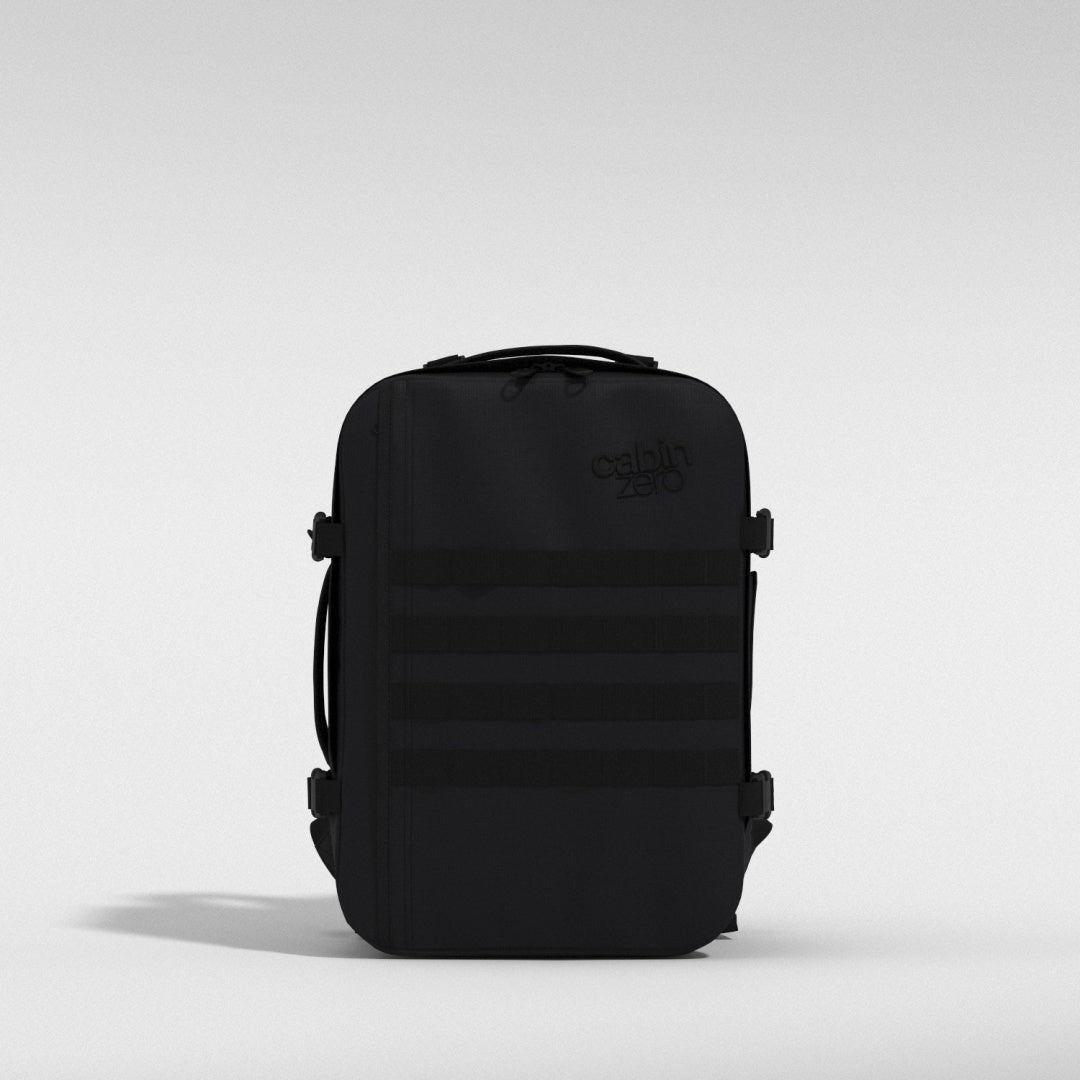

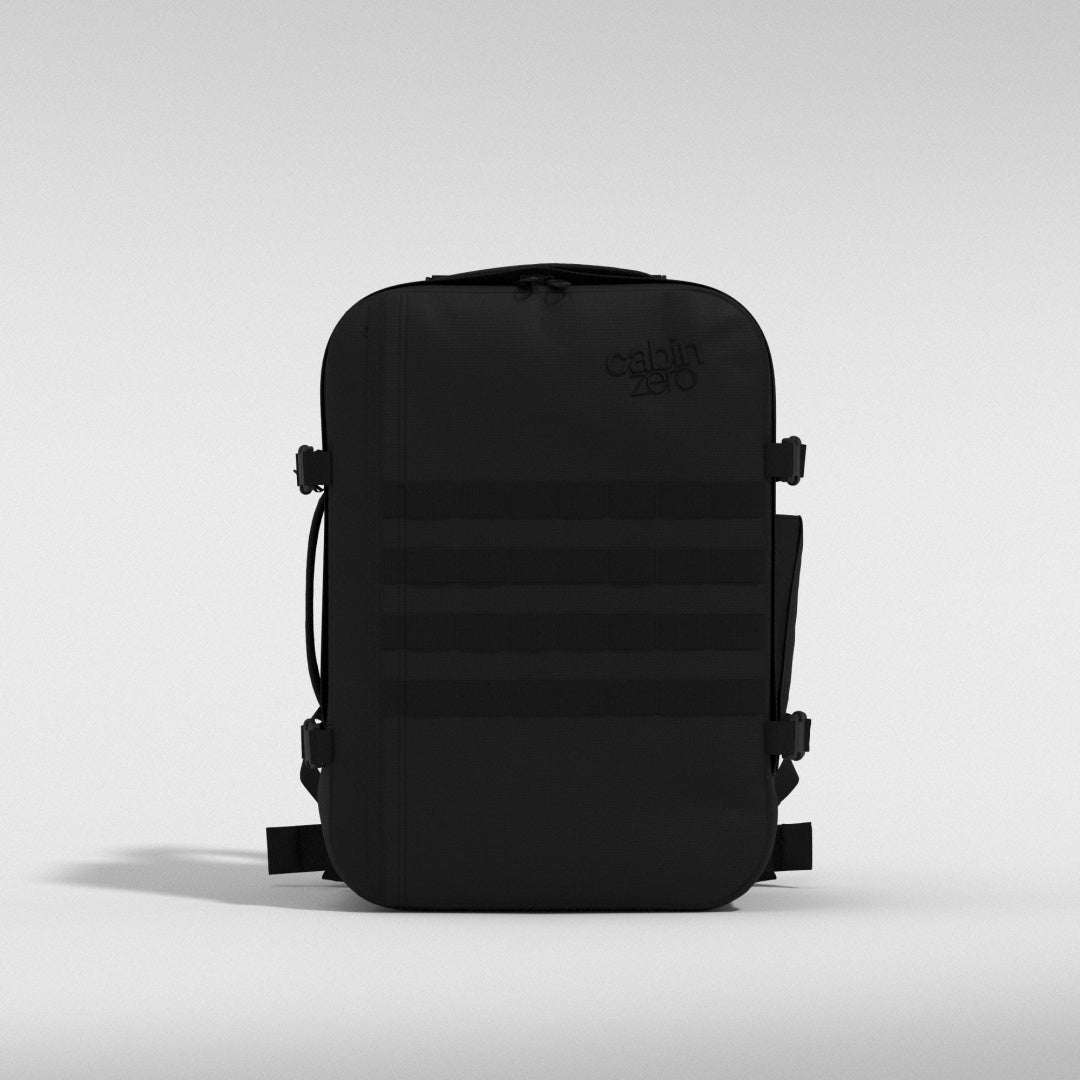

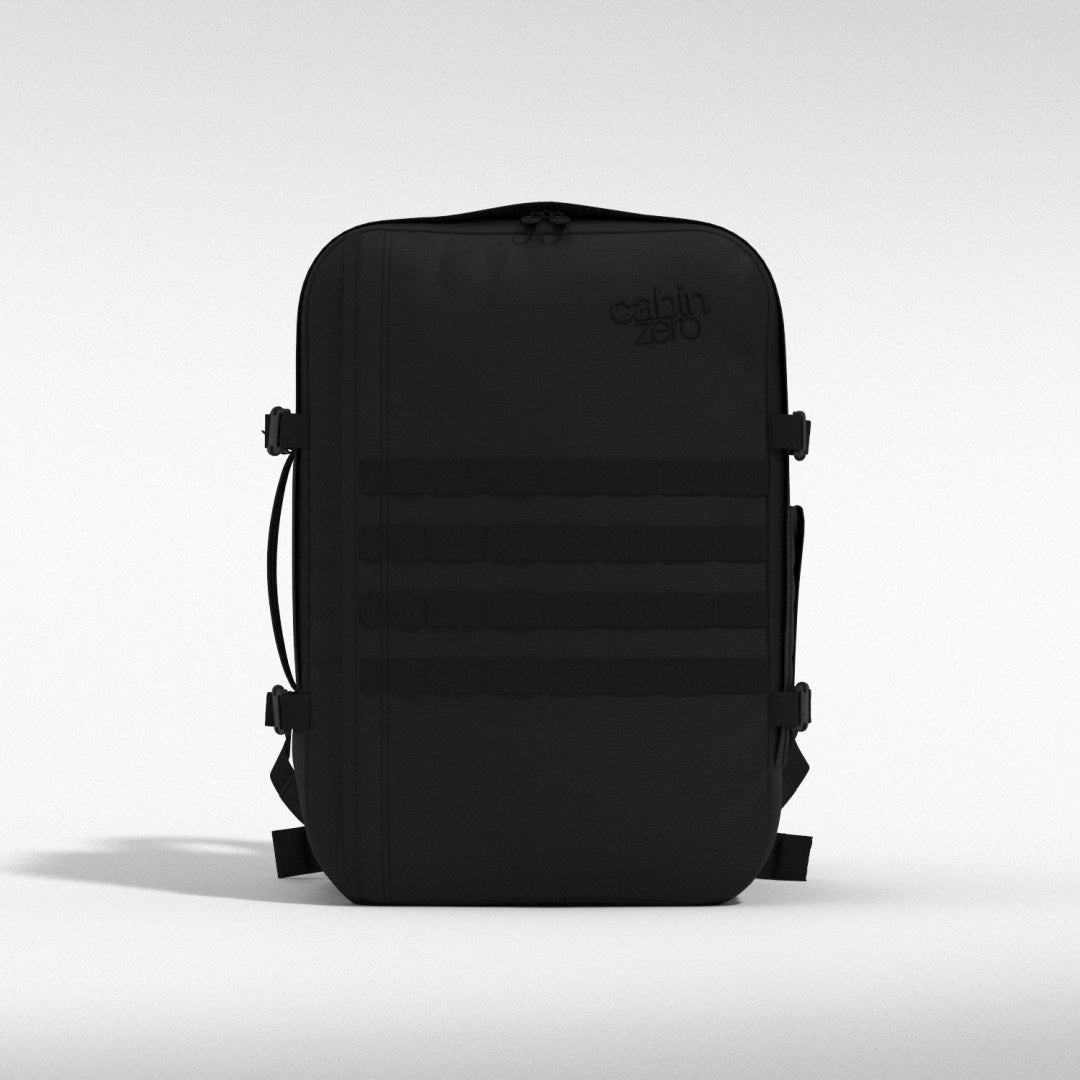

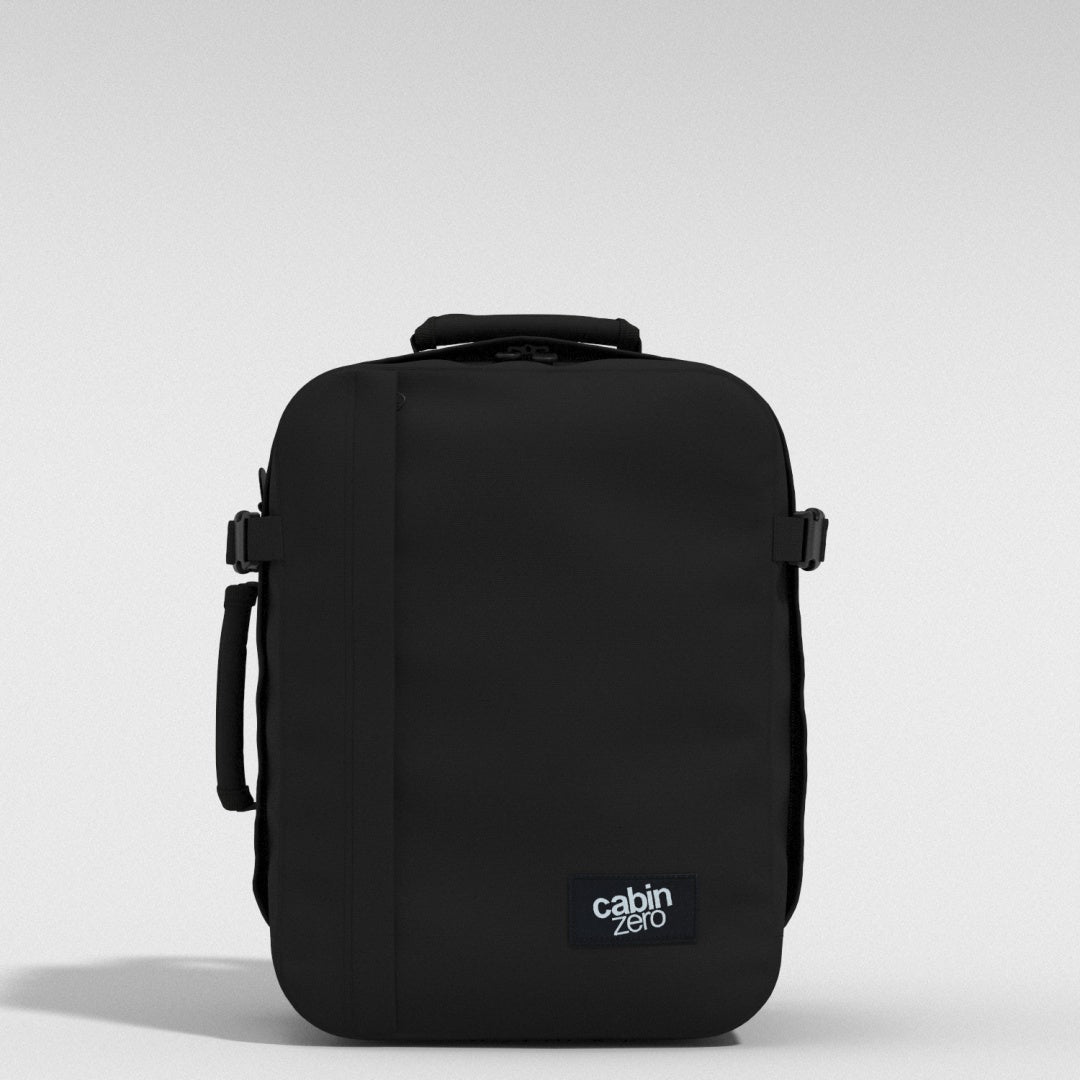

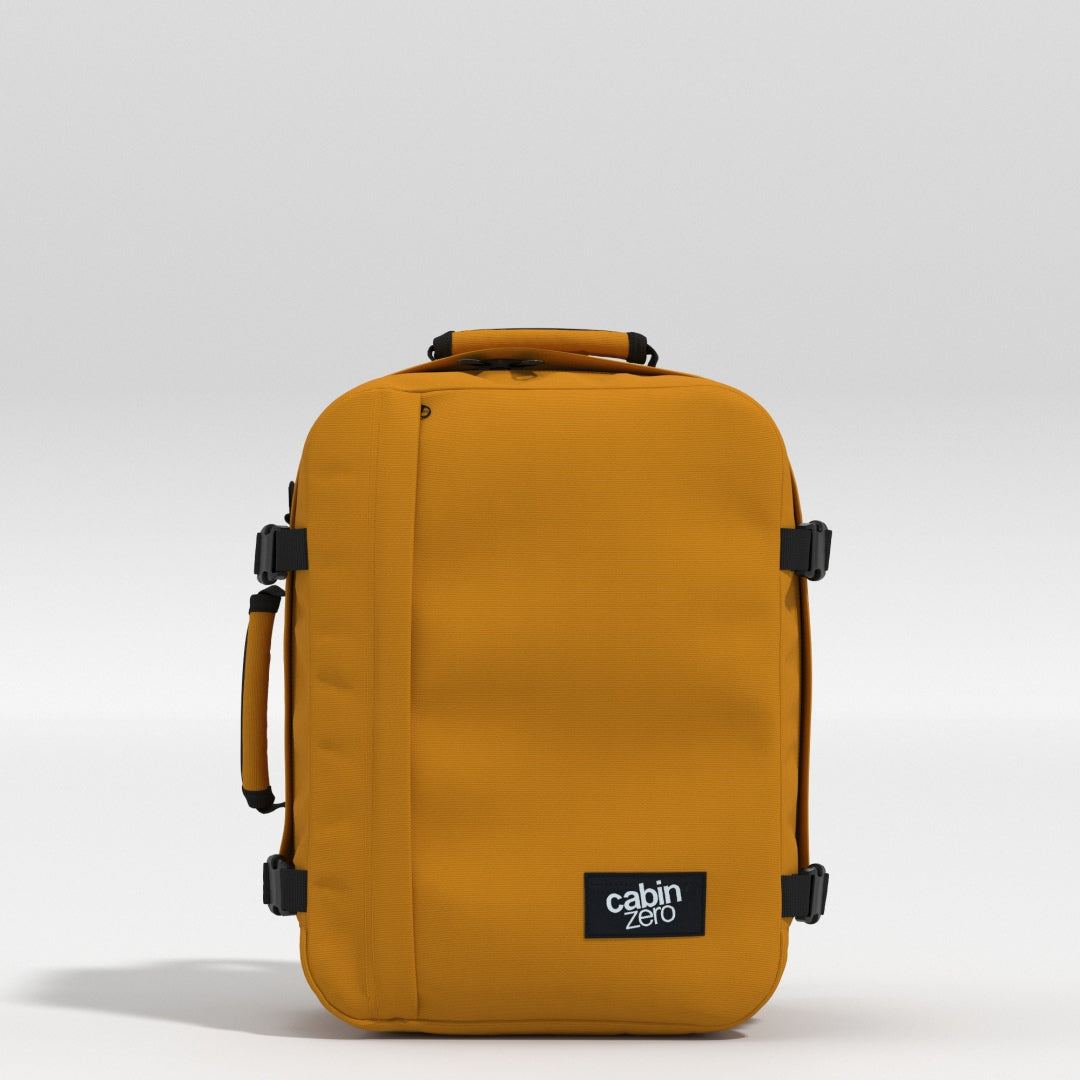




Leave a comment